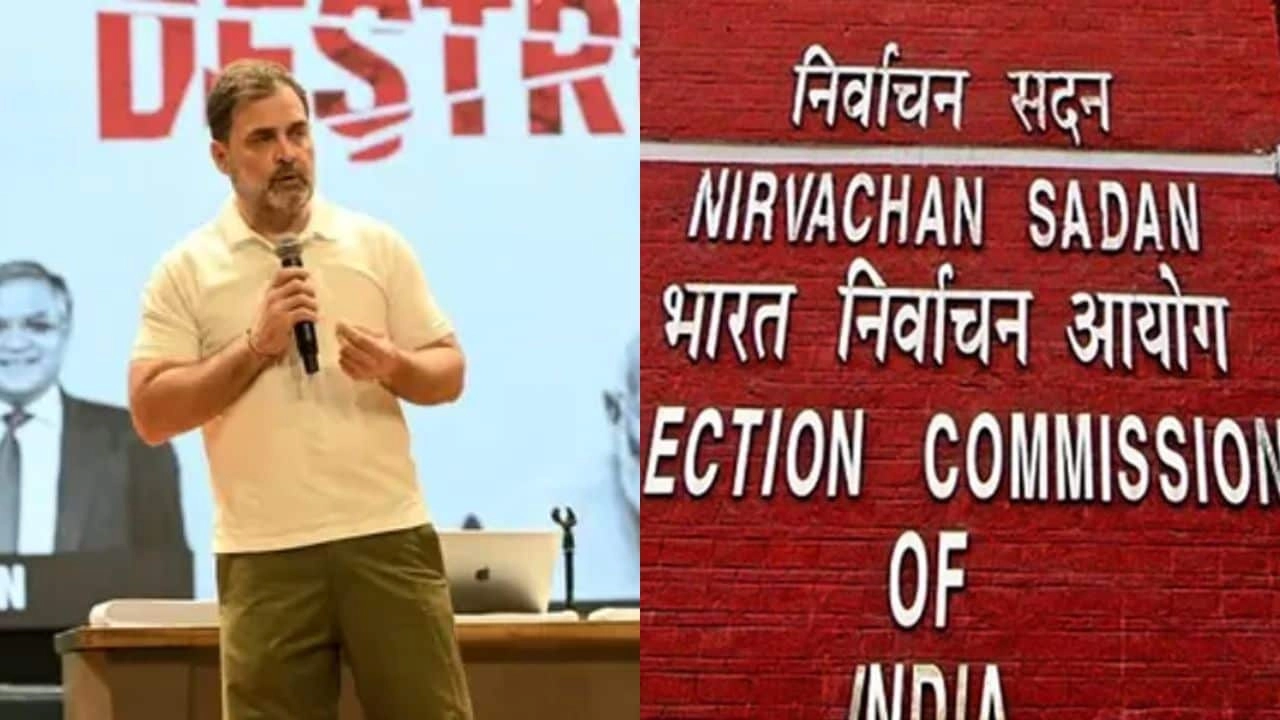In a significant development, a head constable of the Delhi Police has been arrested on charges of corruption, shedding light on the ongoing issues of integrity and accountability within law enforcement agencies. This incident underscores the persistent challenges faced by police departments in maintaining ethical standards, especially in a city as large and complex as Delhi. The arrested officer was reportedly involved in activities that compromised the trust placed in the police force by the public, raising serious questions about the oversight and governance of police personnel.
The arrest came after a thorough investigation that revealed the head constable’s engagement in corrupt practices, which may have included soliciting bribes in exchange for favors or the manipulation of police procedures. Such actions not only tarnish the reputation of the police force but also erode public confidence in the justice system. The implications of this case are far-reaching, as they highlight the need for more stringent measures to combat corruption within the ranks of law enforcement. The Delhi Police, like many other police organizations, has been under scrutiny for similar issues in the past, and this incident serves as a reminder of the continuous effort required to uphold ethical standards.
Moreover, this case has sparked discussions about the systemic issues contributing to corruption in the police force. Many experts advocate for comprehensive reforms, including better training, enhanced oversight mechanisms, and a more transparent system of accountability. Addressing these underlying issues is crucial for restoring public faith in the police and ensuring that officers are held to the highest ethical standards. The Delhi Police has stated its commitment to tackling corruption and is likely to implement measures aimed at preventing such incidents in the future.
The community’s response to the arrest has been mixed, with some expressing relief that action is being taken against corrupt officials, while others remain skeptical about the effectiveness of such measures in achieving lasting change. As the investigation unfolds, it is essential for the police department to communicate transparently with the public and demonstrate a genuine commitment to reform. Only through consistent efforts to address corruption can the police regain the trust of the citizens they serve. The arrest of this head constable serves as a critical reminder that accountability is paramount in law enforcement, and that the fight against corruption must be a collective endeavor involving both the police and the community.




